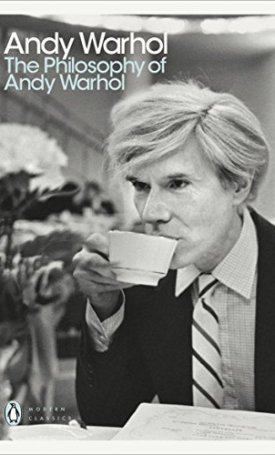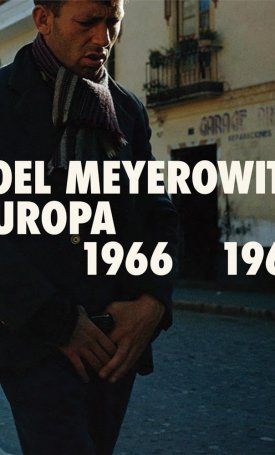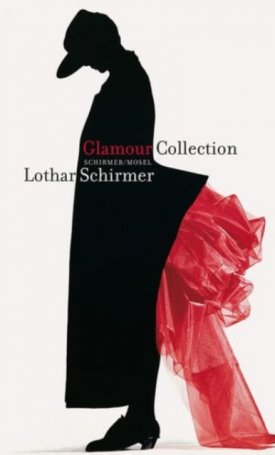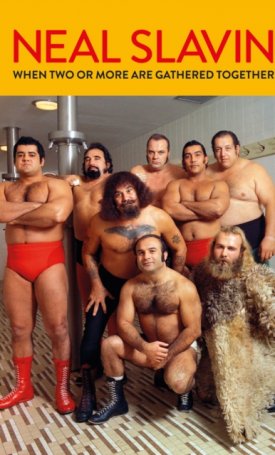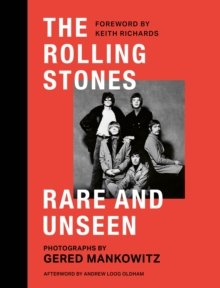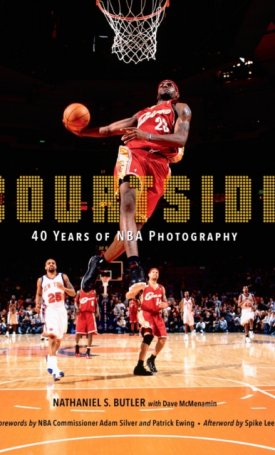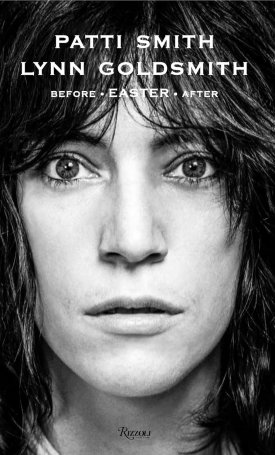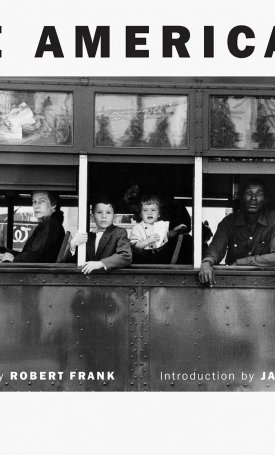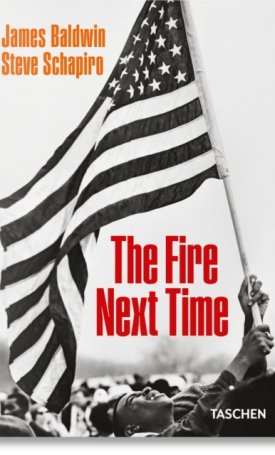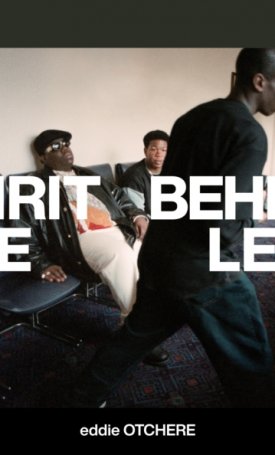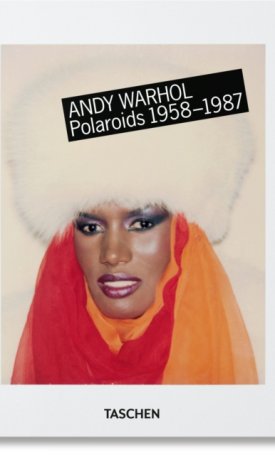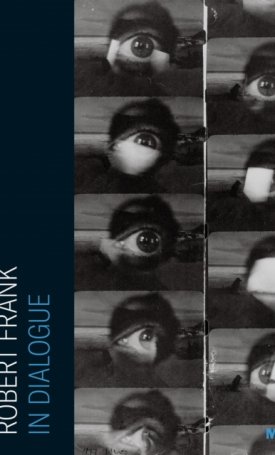Andy Warhol Diaries, The
Andy Warhol Diaries, The
Now in trade paperback, the sensational national bestseller that turns the spotlight on one of the most influential and controversial figures of our time.
Despite having produced a tremendous body of work, Andy Warhol remains best-known for two things – a painting of a Campbell`s soup can and the quote, "In the future everyone will be famous for 15 minutes."
Warhol is one of the most recognized of all U.S. artists. But if the name Warhol is known to most everyone, even those outside art circles, the man Warhol is not.
Although the highly publicized "Andy Warhol Diaries" has been spoofed in everything from comic strips to talk shows as nothing more than celebrity-bashing and name-dropping, there is much more. While not a comprehensive overview of Warhol`s career, the book does much to shed light on the character of a man who hid from an intrusive public while living in the blinding glare of a perpetual spotlight.
To be sure, those who delight in high-society gossip will feel as if they are feeding at a perpetually full trough. But those interested in learning more about Warhol will also find much of interest.
Of concern to the serious reader, naturally, are questions of authenticity. With Warhol gone, we have only editor Hackett`s word (Warhol phoned his entries to her). But none of Warhol`s close friends have come forward to condemn "Diaries," so one must rely on the publisher`s and Hackett`s joint honesty.
Unfortunately, there is a lack of the intimacy that can occur only in a personally maintained diary. Because the "Diaries" were narrated, Warhol was unable to engage in the type of intellectual exploration and self-argument typical of most journals.
The final complaint with "Diaries" is that it was not begun until 1976, after most of Warhol`s artistic accomplishments – including all of his film-making – were behind him. The only remaining movies ahead for him were those he backed, including "Cocaine Cowboys," and while he kept busy with his painting his days as an important innovator were over.
Warhol`s observations are centered on his own day-to-day experiences. Events beyond the horizon of his own life rarely penetrated his consciousness – and then mostly when someone famous died.
So we get a continuous running account of whom he lunched with, who he saw at what party or who wanted a portrait. Gossip lovers will revel in the roster of names parading through Warhol`s life – Elizabeth Taylor, Jack Nicholson and Mick Jagger only head the list – while others will find clues to Warhol the person in his descriptions and comments.
Perhaps most revealing is Warhol`s apparent recognition of the hype and mythology of his life for what they were. His entry for May 2, 1985, refers disparagingly to Bianca Jagger`s romanticizing his popularity: "And Bianca was driving me crazy, saying how she`s researching my days in Pittsburgh for her book on Great Men, and she went on and on about how I broke the system, broke the system, broke the system, and I felt like saying, `Look, Bianca, I`m just here. I`m just a working person. How did I break the system?` God, she`s dumb."
This honesty extends throughout the "Diaries," with Warhol admitting when he was a jerk at his Interview Magazine office or that he was rude to a friend for no good reason.
And, while many celebrity memoirs or diaries deny emotional vulnerability, Warhol – without becoming overwrought – often made his moods the topic of his musings.
A homosexual who was not promiscuous (he never slept with some with whom he was romantically involved), Warhol was apparently easily hurt by rejection. For months after breaking up with one longtime boyfriend, his entries were marked by depression.
He was also a hypochondriac; he feared disease (especially AIDS, despite his conservative sex life) and went to several quacks. In his last years (he died of complications after gallbladder surgery at the age of 58) he had taken to wearing a "magical crystal" to ward off negative thoughts.
The Andy Warhol who emerges from this book is, like most people of worth, incredibly complex and contradictory. He was, in equal measure, both compassionate and insensitive. Sophisticated at parties, he was often confused and lonely when alone.






